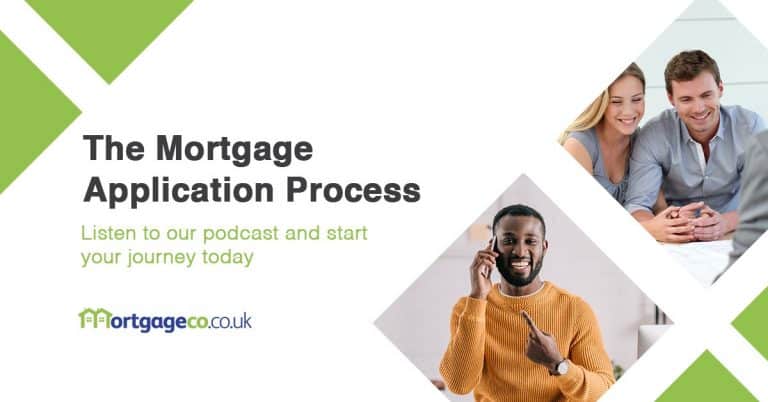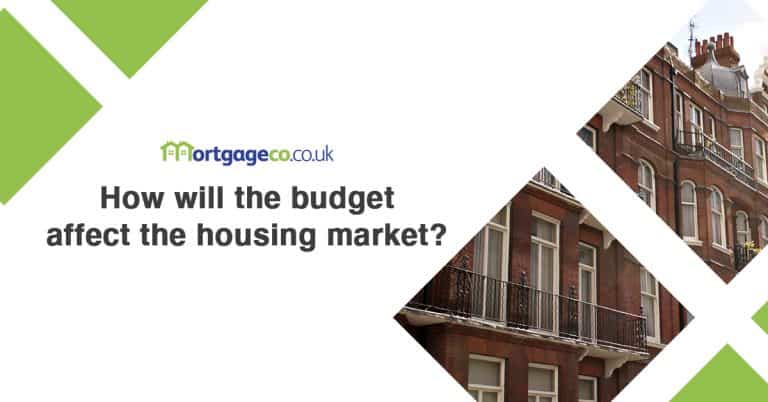Buy to Let Self-Employed
- Free No-Obligation Consultation
- Access to Competitive Rates
- We Find the Right Lender for You!
Get in touch today for a free initial consultation on whether we can find you the right mortgage.
Home » Self-Employed Mortgages » Buy to Let Self-Employed
Buy to Let Mortgages for Self-Employed
Interested in letting out a property? The self-employed sometimes worry that it may be difficult to get a Buy to Let mortgage. Fortunately, if you have a deposit saved and the property will generate a good level of rent, it should be easy to find a competitive Buy to Let mortgage deal.
How does a Buy to Let Mortgage work?
Buy to Let mortgages are much like residential mortgages, although they often have higher interest rates. You will also need a substantial deposit – around 25% of the purchase price is the norm.
You can choose between repayment or interest-only Buy to Let products, although many landlords opt for interest-only. The lower payments offer you a better profit on your rental income but you will need to plan ahead to repay the loan at the end of the term as you are only repaying the interest and the capital amount is still outstanding.
What do I need to consider when getting a Self-Employed Buy to Let Mortgage?
Self-employed applications for a Buy to Let mortgage are usually more straightforward than a residential loan. Lenders are less interested in your personal income; instead they focus on the rent the property will generate. Lenders usually require the rent to cover 125% of the monthly mortgage payment.
Some lenders do set minimum income requirements however. The reason behind this requirement is to ensure that you are still able to meet the mortgage payment if you don’t have a tenant in the property for a month or two.
You may not necessarily be asked for proof of personal income.
A further factor to consider is that most lenders require you to own your own home.
Is it best to Buy to Let as an individual or through a Limited Company?
As you may know, many landlords set up limited companies as a way of reducing their tax bills. It’s a more common approach if you’re a higher rate taxpayer as it means your rental profits will be taxed at 40%.
A limited company however, pays corporation tax at just 19%. There are various pros and cons to setting up a company so seek expert advice before making a decision.
What is a Special Purpose Vehicle (SPV)?
An SPV is a limited company set up purely for Buy to Let. If you buy a property through an SPV you’re treated as a business rather than as an individual, which changes the tax and fees involved.
SPVs can only receive rental income and they are usually the only type of company that Buy to Let providers will lend to.
Take time to weigh up the pros and cons and seek professional advice before deciding whether to purchase your Buy to Let property through an SPV or as an individual. Changing your approach could mean paying additional fees and potentially Capital Gains Tax.
Speak To An Expert
Our team of experts are experienced in catering for a range of clients, needs and property types. With a vast array of qualifications and accreditation from the financial accreditation agency you can be confident of quality service and sound advice.
How do lenders assess income for a Self-Employed Buy to Let (BTL) mortgage?
Some lenders will request proof of your earnings. For the self-employed this means supplying recent tax returns and the past two/three years’ accounts. Mortgage lenders will also check your credit score.
What is Top Slicing?
Top Slicing is a way for lenders to support people to get a Buy to Let mortgage if their planned rental income doesn’t reach the 125% of the monthly mortgage repayment, usually required.
With Top Slicing, borrowers can use their other income to top up the required amount. This might come from other property rent if they have a portfolio or their personal income. It means there is less pressure to increase rent to a level that might deter future tenants.
What are the tax rules?
The good news is that the first £1,000 of your rental income is tax-free. If you earn £2,500 to £9,999 profit after expenses or £10,000+ before expenses, tax is due via an annual self-assessment.
Allowable expenses are the costs you incur from letting the property. They might include maintenance costs, insurance and letting agent fees.
Remember that you will need to pay additional stamp duty on Buy to Let property and when you sell, the proceeds will be subject to Capital Gains Tax.
How can a Mortgage Broker Help?
We make it easy to explore Buy to Let options for all kinds of property. Many lenders only provide Buy to Let mortgages via a Mortgage Broker like the Mortgage Co and Self-Employed mortgages can sometimes make things a little more complicated.
Our Mortgage Advisors will do all the research on your behalf and help you with the mortgage application. We’ve helped many self-employed people become successful landlords so just give us a call.
We are authorised and regulated by the Financial Conduct Authority. Contact our registered office for an informal chat today.
Useful Links
- Self-Employed Mortgages
- Limited Company Director Mortgages
- Self-Employed Mortgages One Years' Accounts
- Buy to Let Self-Employed
- Documents Needed for a Self-Employed Mortgage
- Joint Mortgage One Applicant Self-Employed
- What Income do Mortgage Companies look at Self-Employed
- Are Self-Cert Mortgages Still Available
Why MortgageCo?
- Raising The standards of financial advice
- Making financial advice accessible to all
- Trusted & stress-free financial advice
- Friendly, personable advisors











